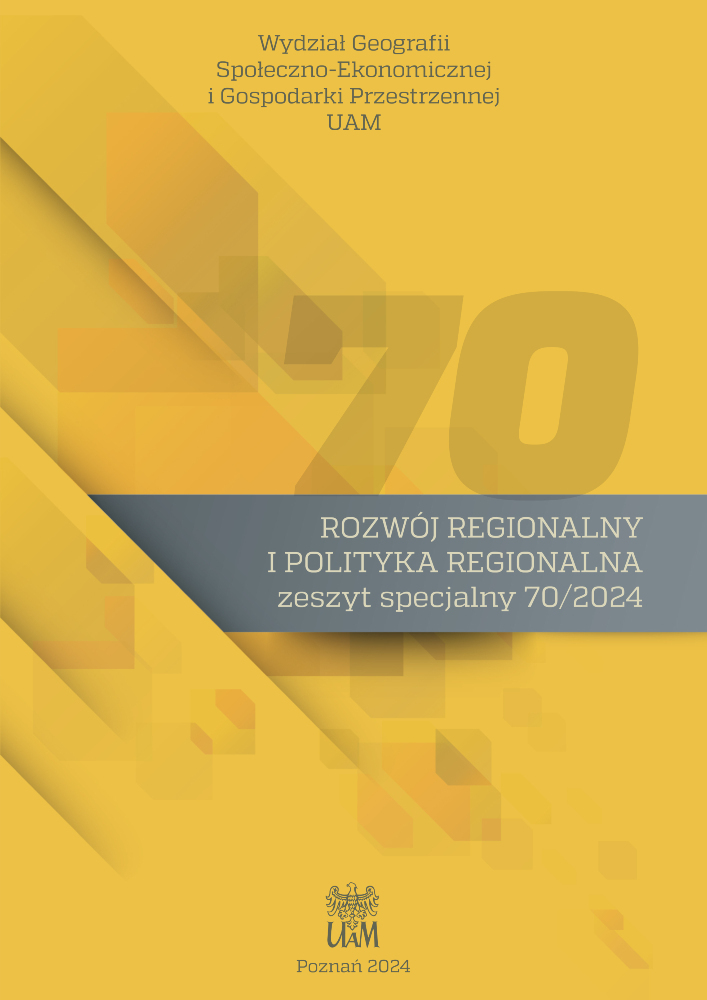Strategia rozwoju lokalnego w warunkach globalnej niepewności oraz zmian prawnych i technologicznych
Developing a local development strategy in conditions of global uncertainty
Author(s): Aleksander NoworólSubject(s): Policy, planning, forecast and speculation, Socio-Economic Research
Published by: Uniwersytet Adama Mickiewicza
Keywords: strategic planning; local development strategy; hybridization of territorial management; strategic repositioning; artificial intelligence;
Summary/Abstract: The author presents the title issue in contexts based on literature research from various fields and his practice in strategic planning. The argument leads to the following conclusions relating to the current stage of strategic planning on a local scale in Poland.The contemporary local develop-ment strategies must meet three essential conditions. Firstly, in developing the strategy, new requirements arising from the legal system must be considered, particularly those relating to the integration of socio-economic planning with spatial development planning. Another premise concerns the grow-ing degree of complexity of phenomena determining local development’s management (including planning). In this text, the confluence of these complexities is referred to as a “time of uncertainty”. It requires sensitivity to ecological issues while building resilient strategies considering social issues and a sense of security. An attitude of tolerance and openness, acceptance of social inclusion, and recognition of diversity, including modern societies’ multiculturalism, seem necessary.Consequently, the strategic planning methodology encourages adopting a hybrid approach using offline and online communication at all strategy preparation and implementation stages. There is a requirement to strategically reposition and treat the strategy not as a finished document but as a recipe for a process. The strategy should be characterized by variability/maneuverability, adopting different time horizons for different goals, and using the narrative shape of the strategic vision. The third premise is, therefore, the requirement to use artificial intelligence, which can accelerate the compilation and processing of critical data and animate the processes of public participation in the governance and management of territorial units.
Journal: Rozwój Regionalny i Polityka Regionalna
- Issue Year: 2024
- Issue No: 70
- Page Range: 9-26
- Page Count: 18
- Language: Polish

